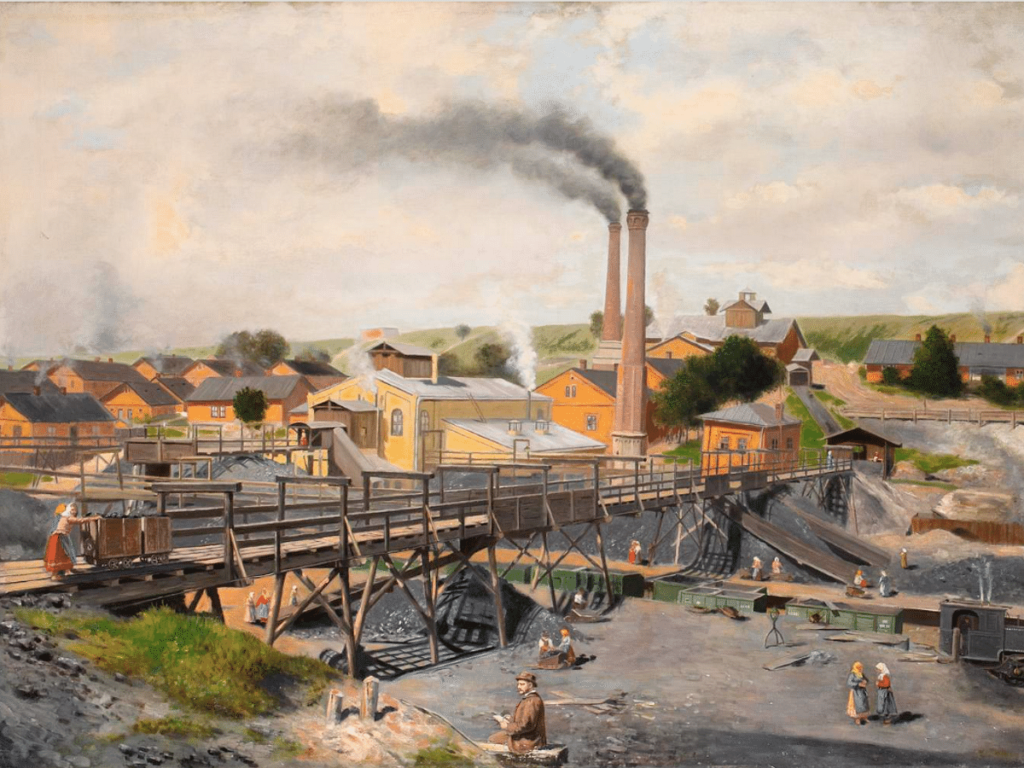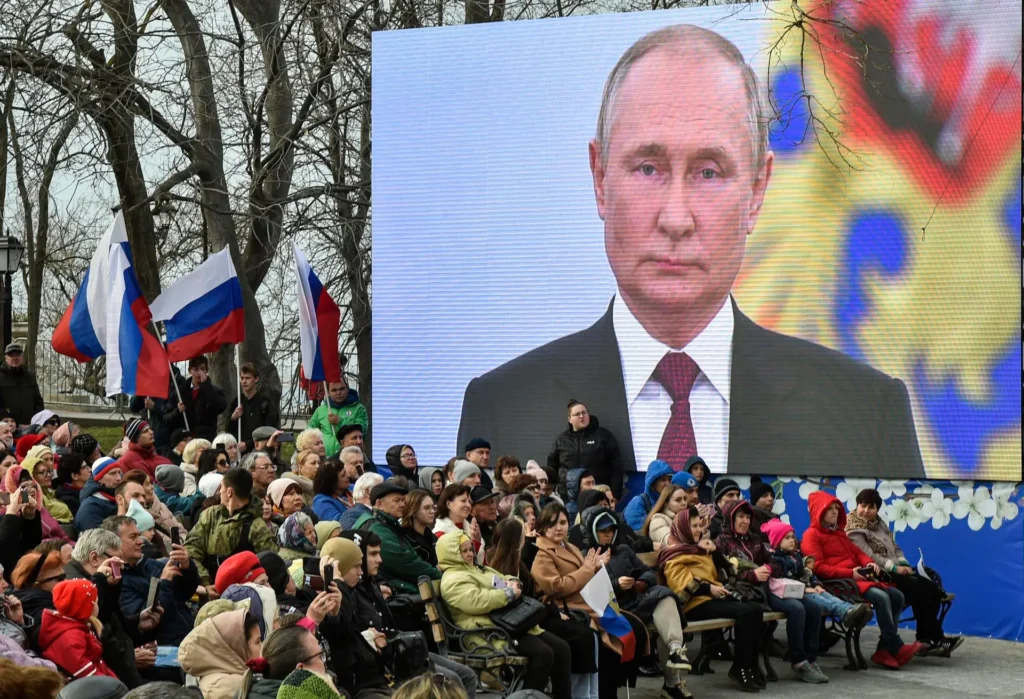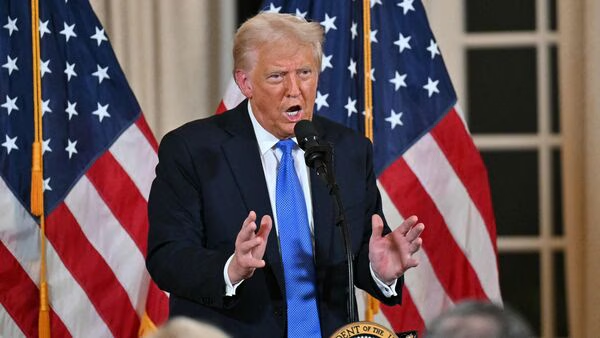An eerie silence has engulfed the marble walls of the imperial palace. Beyond the palace gates, Rome is not celebrating. Far from the silence of peace, it is a lurking fear of something far more sinister, a harrowing omen indeed. Commodus —the unworthy son of Marcus Aurelius—has been poisoned and then strangled to death by the Praetorian Guard. The Roman Empire, once the undisputed microcosm of civilization, has irrevocably descended into chaos. What followed is simply quite inconceivable.
The throne of the Roman Empire is sold to the highest bidder. The Praetorian Guard —a permanent cohort of an elite military unit stationed around Rome to protect the emperor—initially killed Commodus’ successor and declared that whoever pays them the most will become the next emperor. Lo and behold, a wealthy senator offers twenty-five thousand sesterces (ancient Roman coins) per soldier to become the next sovereign of the Roman Empire.
Thereafter, Rome ceases to function as an empire, a republic or even as a dictatorship. The Empire itself is plunged into a civil war within weeks, culminating in an ignominious dilapidation from the erstwhile awe-inspiring epoch of the “Five Good Emperors” to the ill-famed “Year of the Five Emperors”: a tumultuous year of 193 CE in Roman history, where five men claimed the title of Roman Emperor.
Notwithstanding, Rome persisted, but only as a threadbare shadow of its old self after recurring bouts of civil wars, assassinations and military coups. The empire witnessed dozens of emperors rise and fall within a century, often ruling for just a few months or years. The Praetorian Guard, originally meant to protect the emperor, became kingmakers; so much so that between 235-284 CE, the Empire had twenty-six different emperors in just 50 years, most of whom were either killed or overthrown.

The foregoing soliloquy is quintessence of a famous Turkish proverb: “When a clown moves into a palace, he doesn’t become a king. The palace becomes a circus”.
Be that as it may. The underlying structures, frameworks and institutions of organized governance and centralized authority have evolved remarkably; ushering in both vertical and horizontal machinations of the specialized investiture of power and authority, bolstered by social, political, economic and cultural expediency. Yet, the pursuit of power among polities: be it nation-states, city-states, institutions or non-state actors is older than the written word and is as timeless as fear of the unknown.
With the rise of city-states in Mesopotamia about five Millennia ago, monarchies and codified laws emerged, exemplified by the Babylonian legal text, “the Code of Hammurabi”. The primordial structures of democracy were then laid out in Ancient Greece, whereas the Roman Empire bequeathed the elements of republican and imperial governance which were deeply intertwined with a specialized bureaucracy. The various ruling dynasties in Ancient China, starting from the middle of the 2nd Millenium BCE gradually subsumed the notions of hierarchical governance, feudalism, legalism, Confucianism and highly functioning administrative structures into a centralized authority.
The medieval era in Europe saw feudalism give way to centralized monarchies, followed by the rise of constitutional governments as a consequence of the Enlightenment. The absolutist ‘Divine right of kings’ eventually succumbed to the principles of the Protestant Reformation (16th Century); the English Civil War & Glorious Revolution (17th Century); and to the American & French Revolutions (18th Century). Today, governance continues to evolve, shaped by democracy, international institutions, and digital innovations.”
The Westphalian System presents a pertinent vantage point of the provenance of the global order in the contemporary world encompassing state sovereignty, non-intervention, legal equality of states, territorial integrity and balance of power. The burgeoning fabric of the international order between polities —predominantly sovereign states and imperial monarchies— was albeit quite nuanced, yet it can be verily explained by European empires expanding their influence through colonial rule and territorial conquests.

The industrial revolution emboldened both the necessity and inducement of global trade networks where Western political and economic models began restructuring world affairs. Although the brutalities of colonialism were flagrant and atrocious, colonization indirectly laid the foundations of the future nation-state system. The colonial powers had no option but to export their political and administrative structures, in order to govern foreign lands and to maximize economic exploitation, forced labor, slavery, political disempowerment, dependency, social and cultural destruction.
The creation of arbitrary borders disregarded ethnic, linguistic, religious and cultural identities, which, in due time, became one of the most robust factors for the rise of nationalism in response to foreign rule. The colonized subjects launched socio-political movements seeking self-determination, political autonomy and independence based on the ideology of unified national identity, otherwise known as a ‘nation-state building’.
The unprecedented scale of European militarism, antagonistic alliances of mutual defense, imperial rivalries, political revanchism, and nationalist fervor were the major structural causes of both World Wars. The pervasive effects of the Great Depression straddled both wars owing to economic uncertainties, protectionist policies, declining international trade and above all, a lack of regulatory oversight and corporate accountability.
Historically, a plethora of scholarship into the causes of both the First and Second World War assigned primary blame to specific nations. Luigi Albertini’s seminal work, “The Origins of the War of 1914,” suggested that Germany and Austria-Hungary bore significant responsibility. In the 1960s, German historian Fritz Fischer introduced a provocative thesis, arguing that Germany had premeditated plans for world domination, thereby bearing primary responsibility for the war.

However, contemporary research underscores a highly nuanced and multifaceted set of causes heralding the two wars of truly global scale. Christopher Clark’s “The Sleepwalkers”, published in 2012, portrays European leaders as “sleepwalkers” who stumbled into the First World War due to miscalculations and misunderstandings, rather than deliberate aggression. Marc Trachtenberg in his book “The Craft of International History” has analyzed archival evidence to demonstrate how major powers misinterpreted each other’s intentions, leading to strategic blunders. He has argued that it was the misperceptions and lack of clear communication among great powers that contributed to the outbreak of WWII.
Notwithstanding the failure and inability of the League of Nations to prevent the Second World War and of the United Nations to prevent the Cold War and Nuclear Arms Race, the latter did manage to establish itself as the sole arbiter of the Legal Framework for International Law and the ultimate destination for nascent states requiring international legitimacy.
The Cold War became the archetype of a hardcore realist confrontation between the United States and the Soviet Union, characterized by nuclear deterrence, proxy conflicts, containment and détente shaping global alliances and security architecture of the postwar world. Both the global superpowers operated under several tacit and implicit policies, norms and modi operandi that shaped their rivalry while preventing direct military confrontation.
The adherence to Mutually Assured Destruction, distinct spheres of influence, recognition of red lines, backdoor communications and détente ensured that while tensions remained high, a direct U.S-Soviet war never materialized, demonstrating the subtle balance of Cold War diplomacy. Even so, both superpowers narrowly sidestepped complete annihilation during the Cuban Missile Crisis (1962) and Able Archer 83 (1983) only because of rational decision-making, backchannel diplomacy, decisive individual restraint and judicious de-escalation.
After the unipolar moment, the United States found itself embroiled in a self-inflicted chasm of ‘hubristic hegemony’, marred by several strategic missteps and miscalculations, portending an irrevocable decline in its domestic and foreign standing. The blatant overreach and flagrant impunity for military interventions in Iraq, Afghanistan and Libya directly propagated generational instability and extremism in the wider region.

The mismanagement of relations with Russia, especially through NATO enlargement into Eastern Europe, served as the unequivocal casus belli for the annexation of Crimea (2014) and the Ukraine war (2022). Ironically, there are now serious concerns regarding the viability and subsistence of NATO itself due to the bewildering enmity of the current U.S Administration toward not only the transatlantic security architecture but for the longstanding European ties as well.
Events like the 2008 financial crisis, January 6th attack on U.S Capitol, brazen complicity with Israel in the ongoing Gaza genocide and racial tensions have weakened moral authority of the United States in promoting democracy abroad. The U.S. initially facilitated China’s economic rise (WTO entry in 2001) but failed to anticipate how it would challenge American influence, particularly in trade, technology, and military power.
The withdrawal from the Trans-Pacific Partnership diminished U.S economic leverage in Asia, while enabling China to fill the gap with programs like the Belt and Road Initiative (BRI) and Regional Comprehensive Economic Partnership (RCEP). The unilateral withdrawal from the JCPOA, Paris Climate Agreement, INF Treaty, UN Human Rights Council, the World Health Organization, the UNRWA and a partial withdrawal from the WTO all seem to follow ‘a clown car of logic’.
Read More: Gaza Conflict: Direct, Structural, or Cultural Violence?
The rules-based international order, the framework of global governance based on established laws, norms, and institutions designed to regulate international relations, promote stability, and prevent conflicts is now irreversibly moribund.
Adding a cherry on this disaster sundae, the pernicious and divisive state of domestic politics in the United States, has rendered the sacrosanct, decorous and erudite vocation of statecraft into nothing more than a personalized spectacle of a trivial, inept and insular cacophony of melodramatic turmoil and obsequious sycophancy.

Faisal Hussain
Faisal Hussain is a freelance columnist with a keen eye on European politics, global security, US foreign policy, terrorism and Middle East. He can be reached at faisalpolitik@gmail.com






